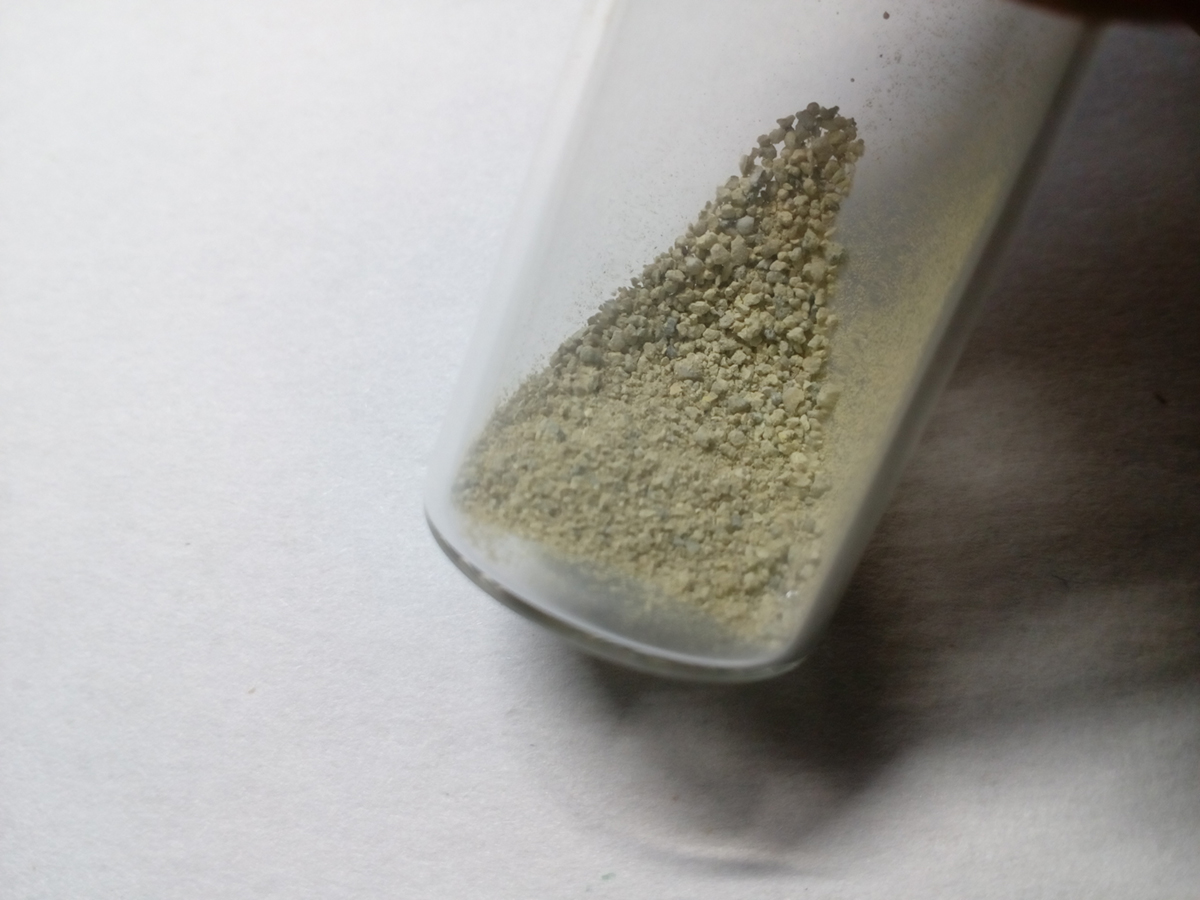
Magnesium is one of the essential minerals that the body requires in order to function properly. If levels of magnesium in the body drop below a specified level, numerous symptoms and conditions such as hyper excitability, muscle weakness and tiredness may occur.
Dietary magnesium
Magnesium is an essential element present in every cell in the human body. Half of the magnesium supplies in the body are found in organs and tissues, and the other half is found in the bones where it features in blend with phosphorus and calcium. Magnesium is essential for conduction of numerous biochemical functions. Loss of dietary magnesium could lead to the loss of appetite; disorientation; confusion; psychotic behavior; depression; tremors; convulsions; numbness, tingling, and muscular cramps; vasodilatation, or widening of the blood vessels; coronary spasms; abnormal heartbeats; seizures; and irritability of the nervous system.
Causes of magnesium deficiency
Diets deficient in magnesium are the main reason for magnesium deficiency in adult population in America. Except for that, deficiency might be caused by magnesium being washed-out excessively through the urine or because of the gastro-intestinal disorders that prevent proper absorption of it.
A lot of medications, especially diuretics or drugs used in treatment of cancer, may increase the loss of magnesium through the urine. Patients suffering from diabetes may also experience this kind of problem. Extreme chronic diarrhea, vomiting and the use of alcohol, can also lead to magnesium deficiency.
Treatment with supplements
Blood check will determine if the patient is suffering from magnesium deficiency. A modest deficiency may be restored to normal by growing the intake of magnesium in the diet. Diet should include dark green leafy vegetables, rice, wheat bran, oats and at least five servings of vegetables and fruits daily. If magnesium levels in blood are extremely low, doctors may prescribe an intravenous drip and magnesium supplements. Most of the doctors claim that magnesium malate is one of the best supplements since the body absorbs it the most efficiently.
There are lots of magnesium supplements available today but health care providers or doctors are the most competent persons to prescribe the best method of treatment.
Recommended dietary allowance (RDA)
Recommended dietary allowance for males are 410 mg for ages 14 to 18; 400 mg for ages 19 to 30; 420 mg for ages 31 and above.
Recommended dietary allowance for females are 360 mg for ages 14 to 18; 310 mg for ages 19 to 30; 320 mg for ages 31 and above. During pregnancy, the RDA is increased to 40 mg.

















Your thoughts on this
Loading...